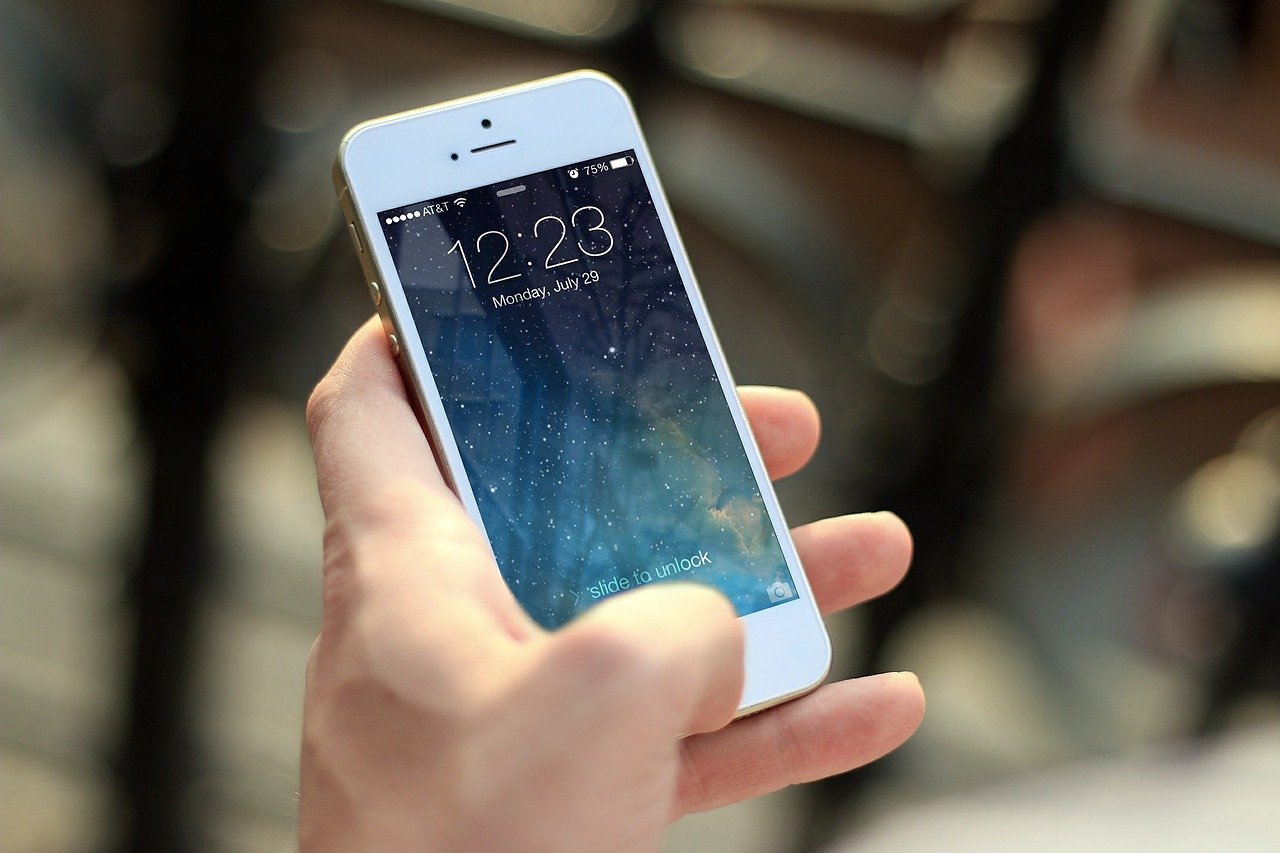While most applications are developed for both iPhone and Android systems, new developers are faced with the choice of which platform to learn. While both Android and iPhone systems offer excellent apps as well as a variety of sizes, they differ considerably from a developer perspective.
Android Development
For the novice, Android development is probably the easier entry point. For starters, low end Android phones are cheaper to purchase than iPhones. But more importantly, Android developers can use Windows, Linux, or Mac machines for development. So, if you have a computer and an Android phone, you can get started right away.
The language used on Android phones is Java or Kotlin. While Kotlin is the newer language, more resources on Java development are available to get started. Furthermore, once you learn Java, you will find other development opportunities open up to you – such as backend services using frameworks such as Spring Boot.
Once you have learned how to program Android phones, you will find that other devices use Android as well. This includes Virtual Reality hardware such as Oculus, Augmented Reality glasses from vendors like Vuzix, and smart watches.
Publishing to Google is relatively simple too. Once you pay a one-time fee, you are a licensed developer and can create and deploy applications to the Google Play store. While there is some over sight from Google, it is less burdensome than Apple’s requirements.
iPhone Development
iPhone development is a little more complicated. For starters, you will need a Mac machine as the tools for iPhone development do not run under Windows or Linux. Furthermore, both Apple computers and iPhones tend to be more expensive for a small development setup.
While Android’s Java language is used everywhere, the iPhone’s Swift language is far more limited. In fact, Swift isn’t used outside of the Apple ecosystem. So, if you chose to develop other services to integrate with your phone, you will need to learn an additional language.
Unlike Android, few devices run iOS. Thus, your skills on iPhone development will not translate to the ability to program other devices aside from the Apple Watch.
Finally, Apple’s App Store is far more expensive and burdensome than the Google Play Store. For starters, Apple requires developers to pay an annual license fee – which is more expensive than Google’s one-time license cost. Furthermore, the Apple Store is much more strict with requirements for apps and provides significantly more oversight on the app market.
Conclusion
While I think both the Apple and Android phones are excellent, I personally find the Android developer experience to be more positive. This is particularly true for the indie developer or individual looking to learn mobile development.
